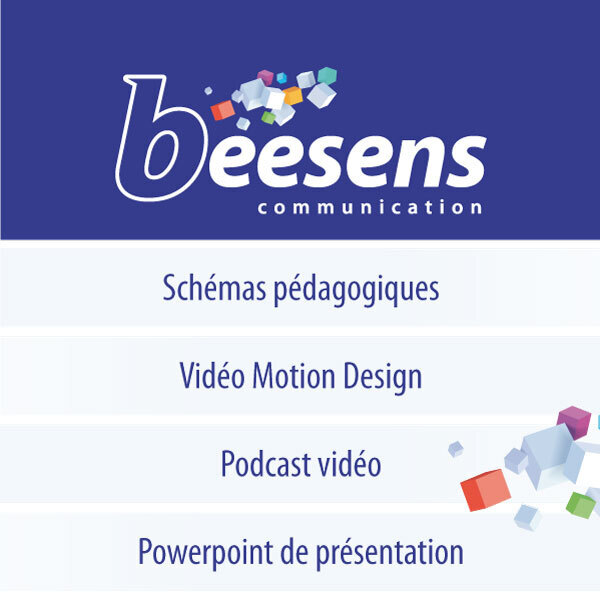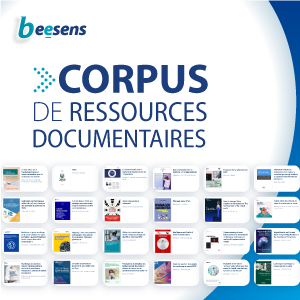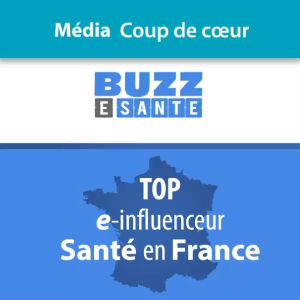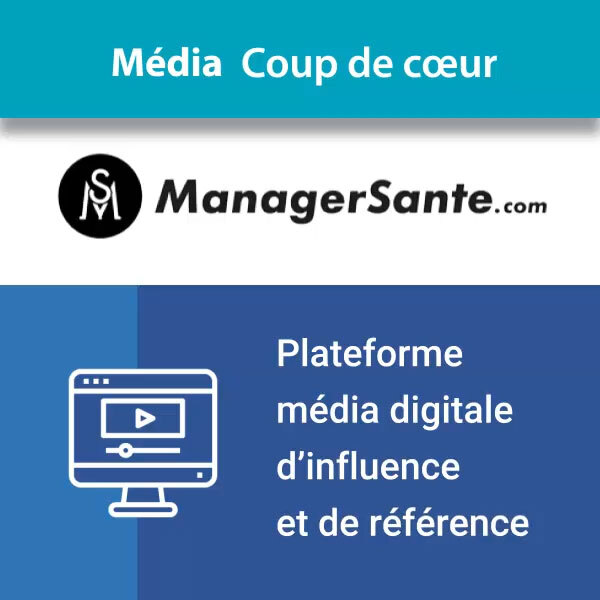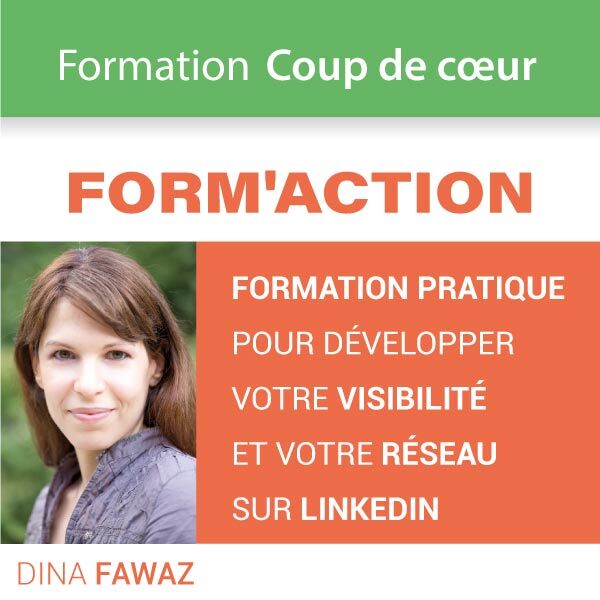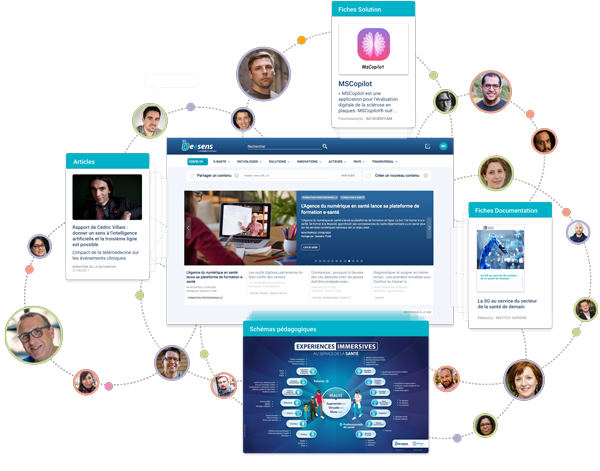"A team of cardiologists from Cleveland Clinic and Stanford University recently tested ChatGPT, the popular artificial intelligence (AI) model, to see if it could accurately answer questions about preventive cardiology and cardiovascular disease. The model performed well, only missing a handful of questions, and the researchers concluded that ChatGPT showed considerable potential.
Cleveland Clinic cardiologist Ashish Sarraju, MD, was the lead author of that study. Sarraju spoke to Cardiovascular Business about his team’s findings and how he thinks AI-powered chatbots may impact patient care.
“Our expectation going in was that it would perform well with factual questions that it could have obtained from its training data across the internet from reputable websites … but what was interesting to us was that it also provided reasonable answers to more nuanced questions, such as what an individual should do if they're on a statin and their cholesterol is not controlled,” Sarraju said. “That’s not a piece of information that we typically find very readily on the internet. Its responses to those questions were interesting to us and a little surprising.”
Of course, ChatGPT also got some things wrong. The AI model struggled with questions about exercise, for instance, and it missed another question because it was referencing outdated information on the availability of a medication. The availability error was especially troubling to researchers because it highlights that AI is only going to be as effective as its training data. If the model was fed information that is now out of date, there is a clear risk of it sharing outdated information with a patient..."
Lire la suite
ChatGPT and cardiology: A close look at the strengths and weaknesses of AI chatbots
CARDIOVASCULARBUSINESS, 18/02/2023
Partagé par :
Beesens TEAM

Informations liées
Thématiques
IA Générative : ChatGPT etc...
Accueil Intelligence Artificielle
Accueil Cardio-vasculaire
Insuffisance Cardiaque


